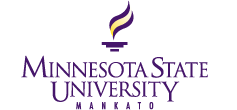How FUSION Works for Employers
FUSION EMPLOYER NEWS
The IT Center of Excellence announces the FUSION program
Bachelor’s level experiential learning. Employers + Educators = FUSION![...]
Employers: Wonder How to Recruit Millennials?
According to experts, start by creating an engaging workplace.[...]







